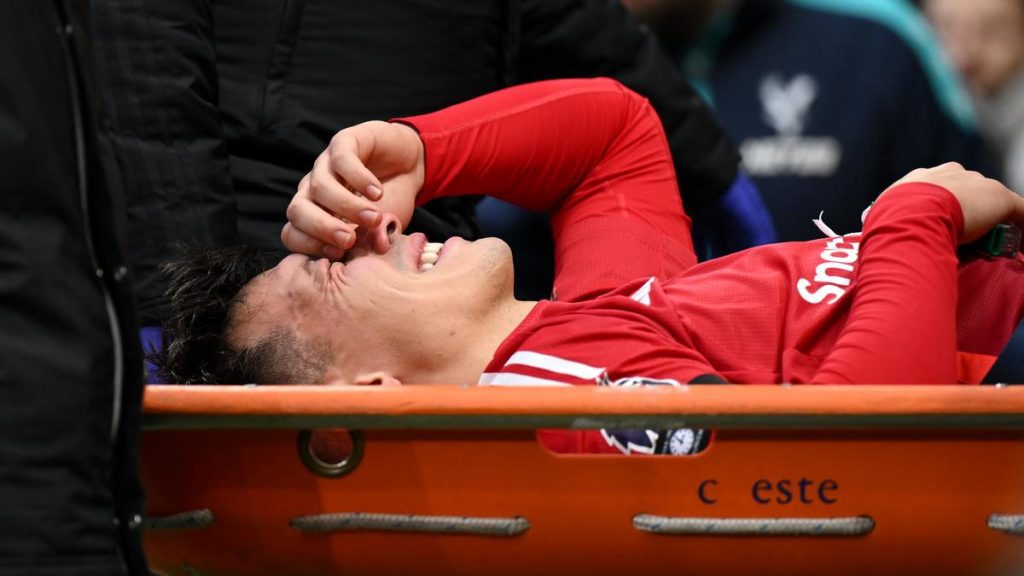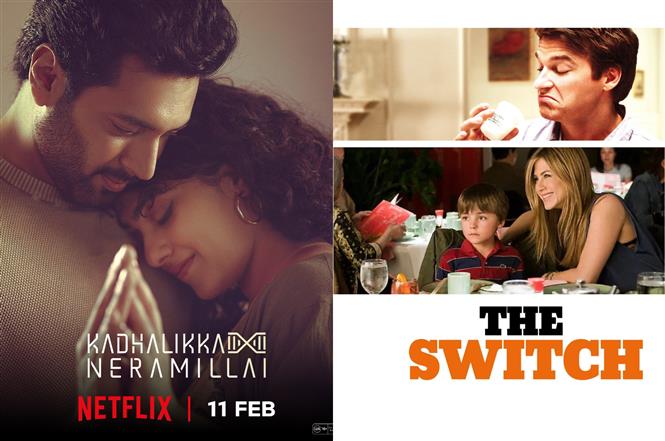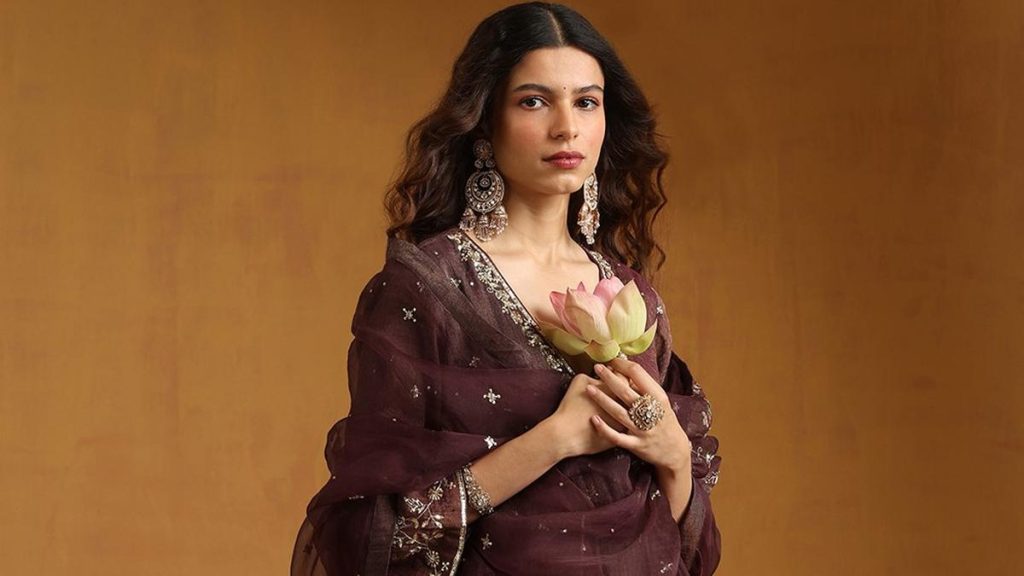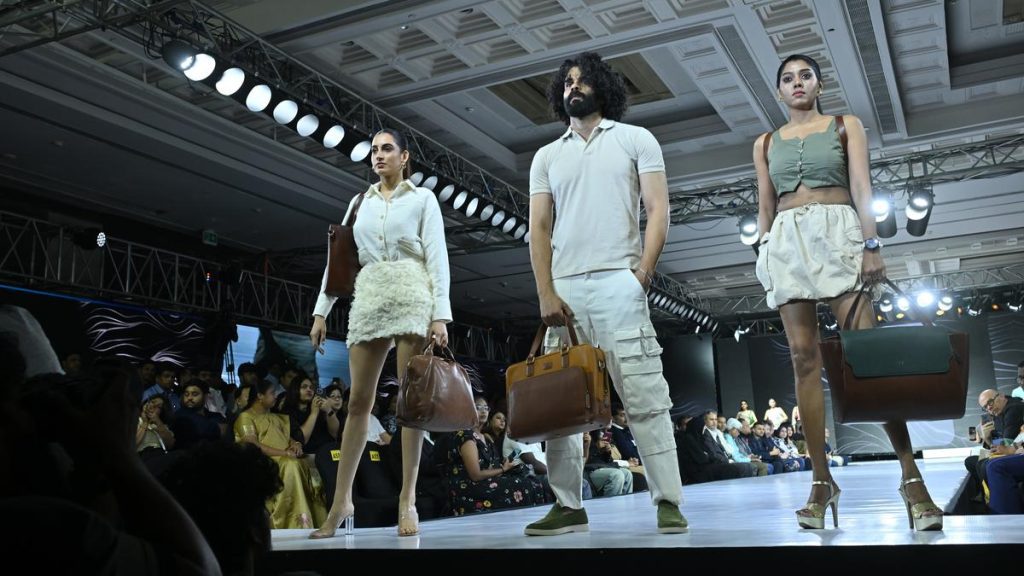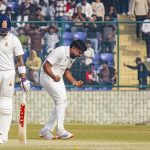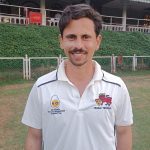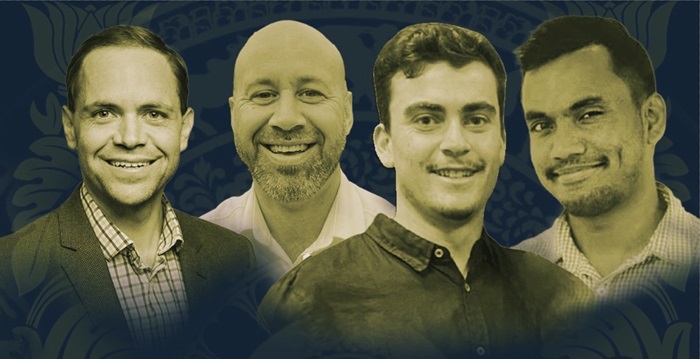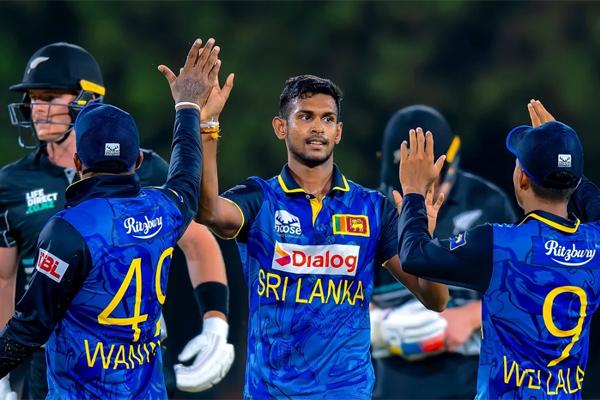After clinching gold among Olympians at National Games, Parth Mane is learning to step up well


After clinching gold among Olympians at National Games, Parth Mane is learning to step up well
Still 10 months shy of his 17th birthday, Parth Mane of Maharashtra might have been the youngest on the firing line but in a nerveless display of shooting, he made light of that gap in experience, beating a field that included two Olympians and a World Champion and being crowned the men’s 10m air rifle champion in his maiden National Games in Uttarakhand.
In doing so, he answered for himself a question he had posed to his coach Suma Shirur three months before: ‘ Ātā mī seniors khēḷū śakatō na?’ (Now I can compete with the seniors right?)
Suma laughs as she recalls the first thing Parth asked her over the phone from Lima, Peru, in November last year when she called to congratulate him for winning gold in the men’s 10m air rifle competition at the Junior World Championships.
Just a few minutes after he had picked up the biggest medal of his career, beating among others 2024 Olympic silver medallist Victor Lindgren of Sweden, the then 16-year-old had felt he was ready to step into the next level of competition.
Having worked for many years as coach of India’s junior rifle program, Suma knows how much the eagerness – to step into a bigger platform – can be for young shooters. “All kids want to progress. They want to compete in the seniors as quickly as they can,” she says.
Parth, amongst India’s most promising young shooters, had also been itching to make the move up. However, knowing from experience, Suma needed him to wait. Prodigies aren’t a rarity in Indian shooting anymore and more than a few have burned bright and fast.
She believed when Parth did make the transition, he would be best prepared to compete at that level.
Parth had made his international debut as a 15-year-old and competed at a Junior World Championship, won a silver at the 2024 Junior World Cup and a bronze at the Junior Asian Championships the same year. Despite the accoladed, Suma asked him to wait.
“I’d told him unless you are practicing and winning a medal at the world level in the juniors, I don’t think you should be competing in the seniors. First gather the confidence and get a win, and then you will feel you are ready for the seniors,” she says.
The wait for Parth has been worth it. On Friday, he beat two of India’s Olympians from the Paris Games – Arjun Babuta and Sandeep Singh and 2022 senior world champion Rudranksh Patil – to win gold in Dehradun.
Competing at the Maharana Pratap Stadium, Parth had been in strong form throughout the competition. He took third place in qualifying on Thursday, with a score of 632.4 before winning the final with a score of 252.5.
Even though he might have been surrounded by a bevy of quality opponents, Parth says he wasn’t ever fazed. And with Parth competing with some of the biggest names in shooting, both in India and abroad, it’s probably time to start including him as one of India’s players to watch out for.
While his journey towards the elite of Indian shooting might not have come fast enough for his liking, his ascent to the elite of India’s rifle shooting has been quite impressive.
It’s a journey that only started by chance. No one in his family had shot or even been particularly interested in sports. The son of a police inspector in Maharashtra’s Solapur city, Parth was introduced to the sport during a summer vacation camp as a 12-year-old.
“At that time, we used a basic air gun with open sights. It just seemed so interesting. Back then, they allowed us to try shooting with both a pistol and a rifle but I ended up liking rifle-shooting more and decided I wanted to do this,” he says.
For the next year, Parth trained and competed using a battered gun with open sights – even managing to compete at the School Games. Although he didn’t win, he was hooked. “I loved everything about shooting. The thing I enjoyed the most was that moment when you just release the trigger and the gun recoils and then comes back to the centre,” he says.
Although he was fascinated by the sport, and even found support from his father – who constructed a pulley-operated shooting range in his home for him – it was soon clear that Parth wouldn’t go far if he continued to train in Solapur.
That was when Parth’s father Rakesh would make the decision to seek a transfer to the suburb of Panvel in Mumbai in order to give his son’s career the chance it needed.
“I knew that Parth needed a good coach. I did some research and found out about Suma Shirur ma’am and her Lakshya Shooting club in Panvel. It was difficult for me of course. I had to travel to work in Bombay city more than 40 kilometers away every day but it made sense for Parth to go to a club that was near our house,” says Rakesh.
Rakesh makes light of the decision to move his family to Panvel. “My job was simply to get Parth to Suma ma’am. After that, he has progressed faster than even I could have imagined. I just wanted him to do well but I never expected he would do so much so fast,” he says.
Suma though says she knew the youngster was meant for big things. “It’s easy to make out when someone has that talent. You can make out by the way they pick up the nuances of the game, the speed at which they adapt to the concepts that you tell them and their willingness to work hard and learn. So he showed rapid progress,” says Suma.
In his first year training in his new academy, Parth would win gold in the Indian Sub-Junior Nationals.
While his talent was obvious, what also stood apart for Parth’s coach was his maturity. “He his very level minded for someone who is actually just a child. From the time he was in the 9th grade, he was handling his own official emails and communication to the national federation for being included in the national camp or competitions. So in most cases you see parents handling the mails. But Parth always did that himself,” Suma says.
That wasn’t all.
“Parth is someone who is confident enough about making his own decisions. Back in 2023, he had the opportunity to compete for the first time overseas on his own expense. He rejected the offer without even discussing it with his father. He didn’t even tell his father because he didn’t want to put that extra load on him. He decided I’ll go only if I get selected at government level. He was only 15 when he decided this,” she adds.
But Suma still knew that at the end of the day, he was still a teenager. Which is why she didn’t want to push him too fast too soon only to see him burn out.
“Parth is immensely talented but you can’t treat a 16-year-old the same way as you do an 18 or 19-year-old. You have to give someone like him the time to grow up emotionally, mentally and also physically. It’s important to put in place the skills that would help him perform consistently at the senior level rather than rush him into that level. India, of course, has had a lot of very talented, very young shooters who did very well at a very young age,” she says.
“This is something I learned from my experience of working with them. It’s great that you’re doing well at a young age but you need to go through this step of winning the juniors. You don’t always need to rush the process. I also want them to get a feel of victory and enjoy those moments. You need to do things that are right at that age. You need to go through that and find the joys and build your confidence.”
Once Parth got his junior World Championships win and with it his coach’s approval to finally move to the senior level, he has been preparing for the move. This means preparing for a heavier training workload and also getting used to competing against senior opponents.
“It’s challenging,” admits Parth, who first took part against senior opponents like Babuta at the Lakshya Cup just a couple weeks ago. “I was nervous at first. I had a shaky start but then I got used to it. I just followed my process. Suma ma’am says the process is like God, and I try to just believe in that,” he says.
The process – the checklist he goes through before every step of the shooting process from the time he places the cheek plate of his gun against his face to the moment he releases the trigger – is set in stone for Parth.
It’s a routine that has now won him a National Games gold and it’s something that he will try to perfect in the years to come. “The main goal is to perform consistently and follow my process. Rest, all my goals will gradually improve,” he says.
While he has proved that he is more than capable of competing with the seniors, for Suma, the next step for Parth will be to make sure that victories like the one on Friday aren’t going to be exceptions.
“I think he’s started to learn what it’s like to find his space among the top athletes of the country. This will always be a challenge going forward but knowing Parth, he is more than prepared for it,” she says.



